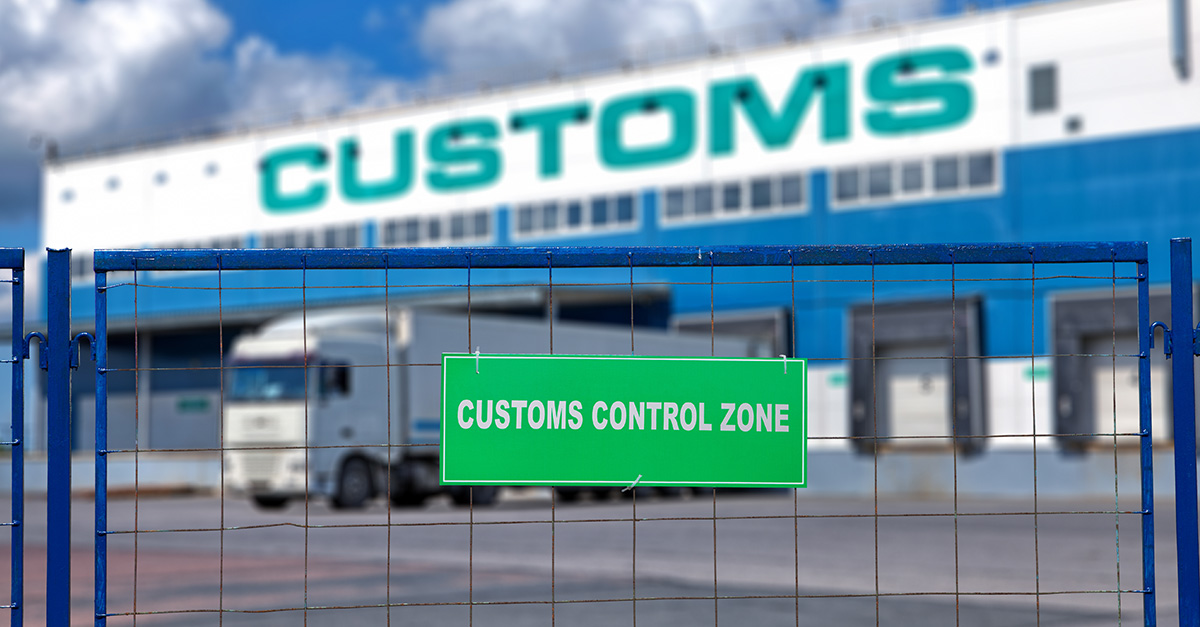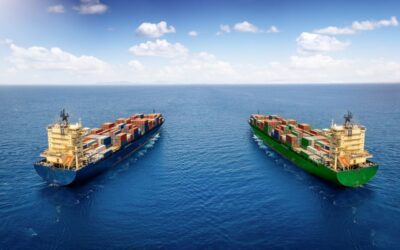HMRC encouraging industry to use facilities at Sevington

Since the UK’s departure from the EU in 2020, the commercial operators at Dover Western Docks (DWD) and Stop 24 have worked with HMRC to provide capacity for the new customs processes.
Now that the Sevington and Holyhead sites are fully operational, the additional capacity is no longer required and HMRC is encouraging trade to start using the facilities at Sevington from now on. Here, they will be able to deal with live animals under a carnet/CITES permit (principally horses or cats/dogs for breeding) and strategic exports/sanctioned goods.
DWD and Stop 24’s customs services now implement a charge at their standard commercial rates, however, facilities will continue to be provided at DWD and Stop 24 for Sevington prohibited vehicles such as dangerous/hazardous goods which must be handled at those locations. These checks will continue to be free of charge.
The following hazardous goods are excluded:
- class 1 substances and articles (explosives) and class 4.1 substances (polymerizing substances)
- category I or II nuclear material
- high consequence dangerous goods
- class 6.1 substances (insecticides)
- vehicles subject to Special Types General Order (STGO) 2003
To read more information on goods that should continue to attend DWD or Stop 24, please see HMRC’s annex here or please contact our Customer Relationship Management team today on 01375 856060 or email crmteam@ugroup.co.uk.
FOLLOW US
Unrivalled Ocean Freight
Award Winning Airfreight
Premium European Services
Unrivalled Ocean Freight
Award Winning Airfreight
Unrivalled Ocean Freight
DON’T MISS A THING
Subscribe now to receive our monthly market update straight into your inbox
LCL vs FCL Shipment Decision Checklist
1. Shipment Volume and Weight FCL: Do you have enough goods to fill an entire container? (Typically 15–30 CBM) Yes → Consider FCL No → Consider LCL 2. Cost Efficiency FCL: Do you need to save on per-unit shipping costs? FCL is more cost-effective when you can fill an...
Finding the right FCL services for your business
Discover Uniserve’s tailored fcl services, designed to solve real-world supply chain problems with scalable, end-to-end container shipping solutions.
What are the advantages and disadvantages of sea freight?
Sea freight is one of the most widely used methods for global trade, enabling businesses to move goods efficiently across continents. As a cost-effective solution, it plays a crucial role in supply chain management. However, despite its many benefits, there are also...



